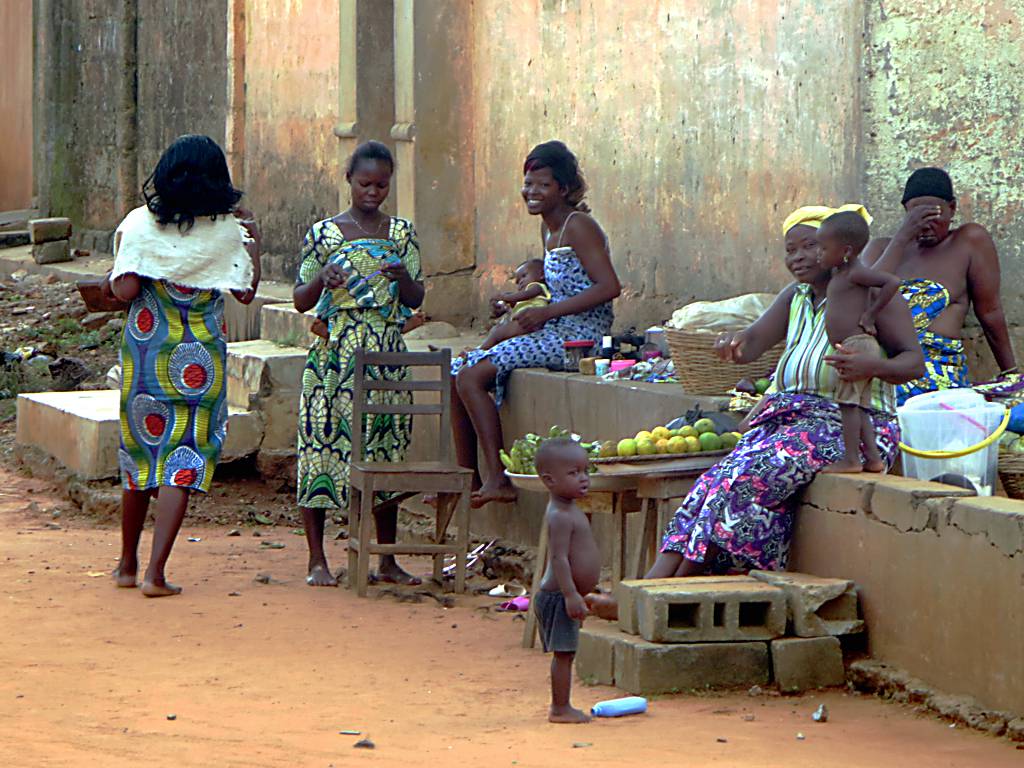Mental Health in Benin: Challenges and Progress

Poverty and mental health are deeply intertwined in Benin, where nearly 38.5% of the population lives below the poverty line. Poverty exacerbates mental health issues, creating barriers to accessing necessary care. Mental health disorders such as anxiety and depression disproportionately affect individuals in low-income settings due to stress, lack of support, and stigma. These findings echo broader trends seen in other low- and middle-income countries, as outlined by the World Bank, which identifies the lack of infrastructure as a key impediment to effective mental health interventions.
Challenges in Mental Health Accessibility
Access to mental health services in Benin is limited, with the majority of specialized care facilities located in urban centers like Cotonou and Porto-Novo, leaving rural populations underserved. According to the World Health Organization (WHO), the country faces critical shortages in mental health professionals, with fewer than one psychiatrist per 100,000 people. Additionally, there are only a handful of psychiatric hospitals, and mental health care is often integrated into general hospitals, which lack the necessary resources and trained personnel. This imbalance between urban and rural health care access is further exacerbated by societal stigma, which discourages individuals from seeking treatment, and the absence of a comprehensive national mental health strategy.
Role of Poverty in Amplifying Mental Health Issues
From a human rights and social justice perspective, this cycle of poverty and poor mental health represents a critical ethical issue. According to the International Covenant of Economic, Social and Cultural Rights, “everyone has a right to the highest attainable standard of physical and mental health”. However, as Paul Farmer notes, the needs of the world’s poor are often overlooked, and the structural inequalities that perpetuate mental health disparities are frequently neglected by global health and foreign policy communities. Addressing these inequalities requires integrating human rights frameworks into public health strategies, emphasizing beneficence, autonomy, and resource equity to empower marginalized populations and break the cycle of poverty and mental illness.
Progress Through Community-Based Interventions
Efforts in Benin such as the “Saint Camille Solution” have made strides in addressing mental health challenges through community-based interventions. These include awareness campaigns, support groups and partnerships with international NGOs for resource mobilization. Such programs highlight the importance of addressing both societal stigma and resource allocation.
Moving Forward: Policy and Investment Needs
While some progress has been made, significant work remains to fully integrate mental health into Benin’s healthcare system. Strengthening the system requires a multifaceted approach, beginning with the training and deployment of specialized mental health professionals across the country, particularly in underserved areas. Existing professionals will need to receive continuous training, supervision, and evaluation to enhance their effectiveness.
– Olivia Barker
Olivia is based in London, UK and focuses on Global Health for The Borgen Project.
Photo: Flickr
